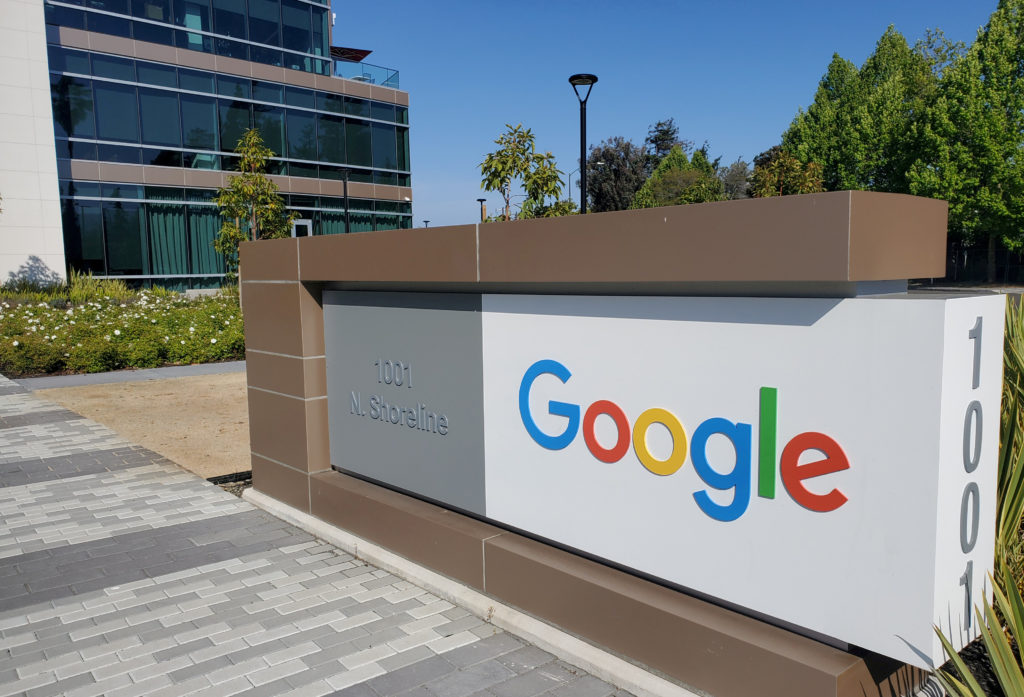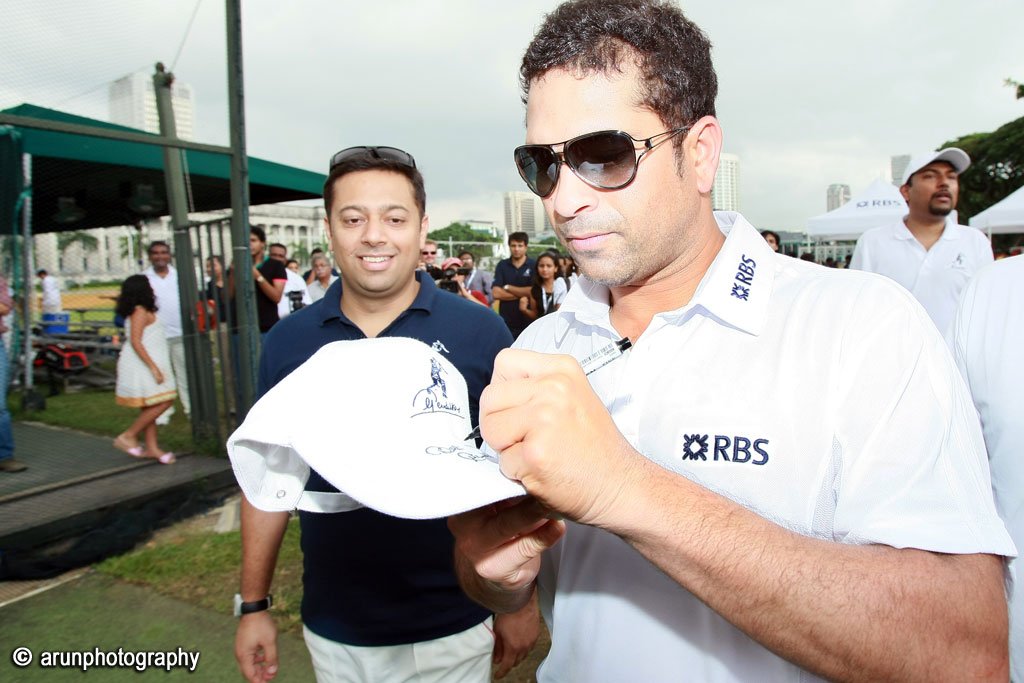
FILE PHOTO: A sign is pictured outs a Google office near the company’s headquarters in Mountain View, California, U.S., May 8, 2019. REUTERS/Paresh Dave/File PhotoThe rising Hindu nationalist movement that has spread from India through the diaspora has arrived inside Google, according to employees and an activist on caste bias. In April, Thenmozhi Soundararajan, the founder and executive director of Equality Labs – a nonprofit that advocates for Dalits, or members of the lowest-ranked caste – was scheduled to give a talk to Google News employees for Dalit History Month. But Google employees began spreading disinformation, calling her “Hindu-phobic” and “anti-Hindu” in emails to the company’s leaders, documents posted on Google’s intranet and mailing lists with thousands of employees, according to copies of the documents as well as interviews with Soundararajan and current Google employees who spoke on the condition of anonymity because of concerns about retaliation. Soundararajan appealed directly to Google CEO Sundar Pichai, who comes from an upper-caste family in India, to allow her presentation to go forward. But the talk was canceled, leading some employees to conclude that Google was willfully ignoring caste bias. Tanuja Gupta, a senior manager at Google News who invited Soundararajan to speak, resigned over the incident, according to a copy of her goodbye email posted internally Wednesday and viewed by The Washington Post....


